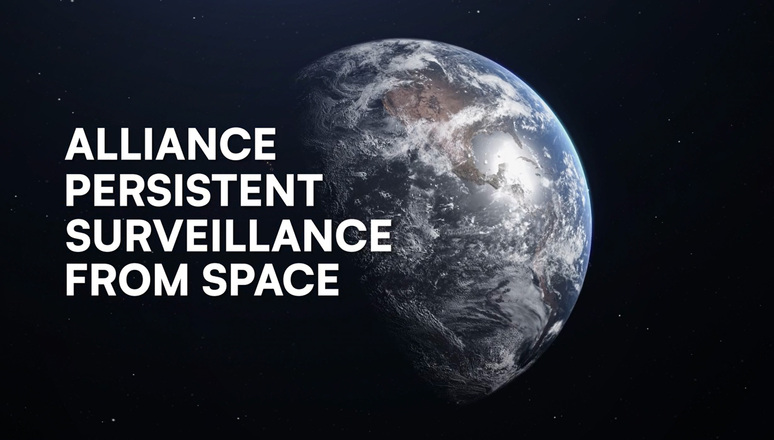On Wednesday (15 February 2023), 16 Allies*, together with invitees Finland and Sweden, launched a new initiative that will transform the way NATO gathers and uses data from space, significantly improve NATO's intelligence and surveillance, and provide essential support to NATO's military missions and operations.

Called "Alliance Persistent Surveillance from Space" (APSS), this initiative will consist in the establishment of a virtual constellation - 'Aquila' - of both national and commercial space assets, such as satellites, leveraging the latest advances in commercial space technology. As such, it will help streamline data collection, sharing and analysis among NATO Allies and with the NATO command structure, while generating cost savings.
"This project is also a great example of civil-military cooperation, providing a powerful asset to our intelligence toolbox", NATO's Deputy Secretary General Mircea Geoană said.
Luxembourg's early contribution of 16.5 million euros has laid the groundwork for this transformative initiative and will allow participating countries to contribute to Aquila through their own assets, data and/or funds.
Integrating and exploiting data from space effectively has been a growing challenge over time. APSS will help facilitate better navigation, communications and detection of missile launches. By leveraging latest technologies from industry, APSS will help advance NATO's innovation agenda and offer a new platform to engage with the growing space industry.
APSS constitutes an important element in the implementation of NATO's Overarching Space Policy adopted in 2019.
* Belgium, Bulgaria, Canada, Finland, France, Greece, Hungary, Italy, Luxembourg, Netherlands, Norway, Poland, Romania, Spain, Sweden, Türkiye, United Kingdom, United States.






